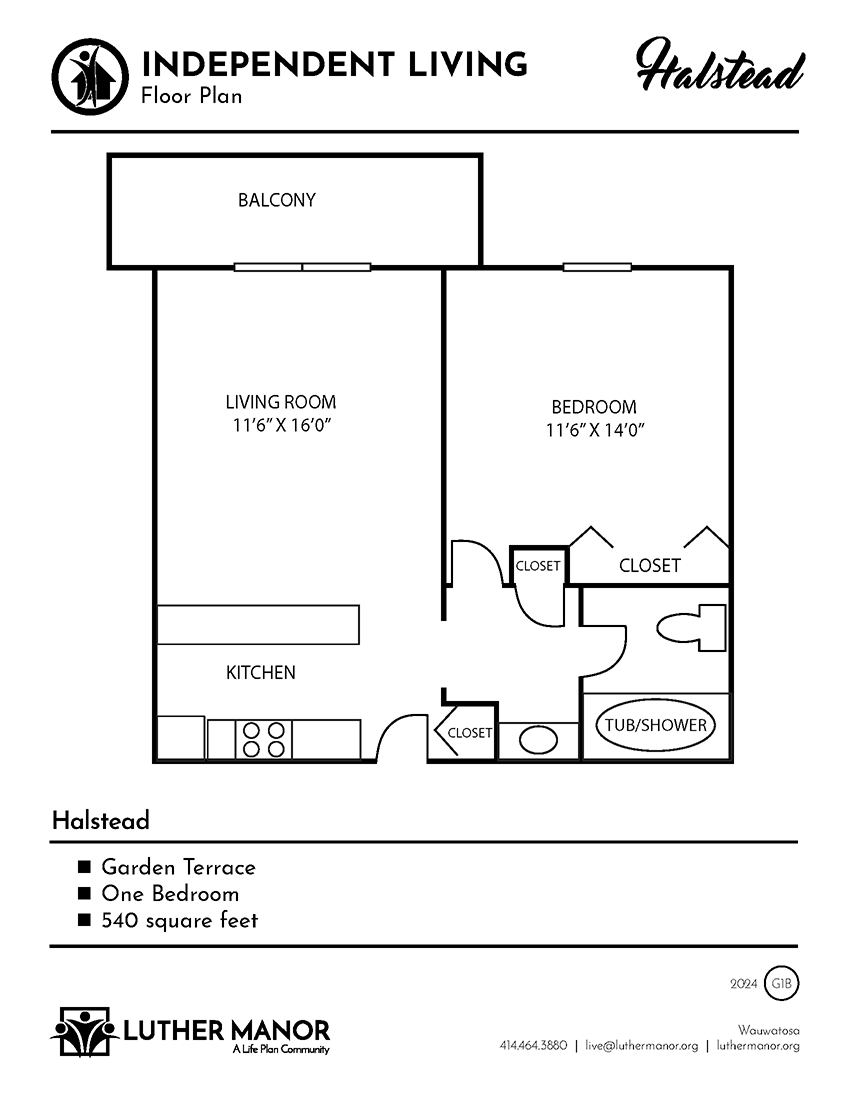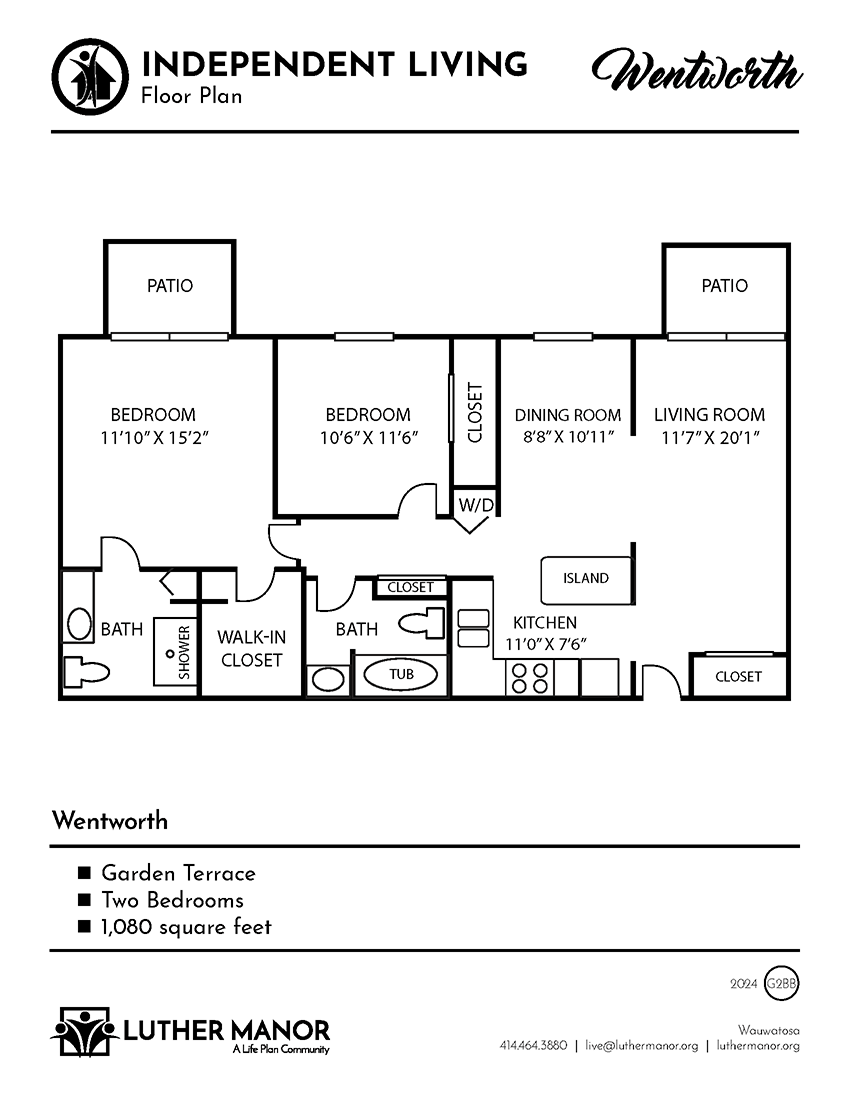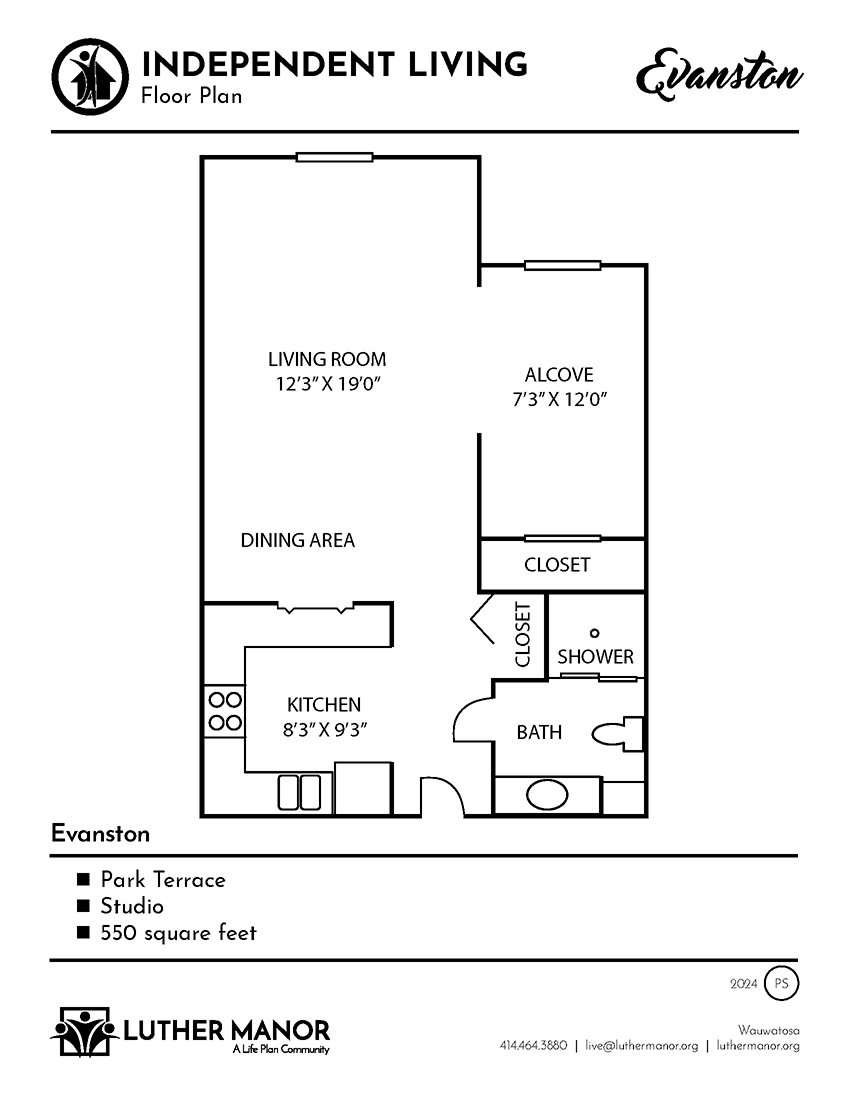How to Spot Age-Related Hearing Loss
Maybe Dad insists that Mom is always mumbling, or Mom says that she can’t understand her grandchildren. Does Dad avoid going places with a lot of noise because he can’t hear conversations? Perhaps when you visit, the TV volume is turned so high you can’t hear yourself think, but Mom insists the volume is fine. If any of these situations sound familiar, your older loved one is most likely suffering from age-related hearing loss.
Hearing loss is older adults is a common problem that many seniors face. In fact, about 1 out of 2 seniors over the age of 65 experience some form of hearing loss. Your loved one might not be able to avoid it completely, but there are plenty of you can do to support them. Let’s break down the signs of hearing loss and what you can do if you or a loved one need hearing help.
Signs of Age-Related Hearing Loss
Hearing loss in older adults usually starts with losing the ability to hear high pitch sounds. For there, it might become more difficult for your loved to hear the voices of people they are speaking to. Eventually, background noise becomes harder to separate from other sounds. It’s natural to be worried about your loved one’s hearing, but how do you know when it’s time to help?
Stay on the lookout for the common symptoms of age-related hearing loss which include:
- Dizziness
- Not being able to understand conversations if there is background noise
- The belief that people are mumbling
- Withdrawal from social gatherings
- Discontinue using the telephone
- The volume of television is very high
Interestingly, hearing loss in seniors often begins in the higher frequencies affecting our understanding of the clarity of speech, rather than the lower frequencies which affect our understanding of the power of speech. This is why older adults feel they can hear just fine, but can’t understand conversations especially with women and children who tend to have higher pitched voices.
How Hearing Loss in Older Adults is Diagnosed
If you feel that you or someone you know is experiencing age-related hearing loss, your next step is to visit a licensed audiologist for a base hearing test. They’ll do a full exam on your loved one’s hearing to rule out any other potential causes.
While there is no cure for age-related hearing loss, there are still treatments that can be done to improve quality of life. Your doctor or audiologist may recommend that your loved one:
- Gets hearing aids to help their hearing
- Suggest assistive devices such as phone amplifiers
- Recommend a cochlear implant (for more severe cases)
Age Related Hearing Loss Prevention
While your loved one might be able to completely prevent age related hearing loss, there are strategies you can use to help it from getting worse. Some of the prevention strategies for hearing loss in seniors include:
- Ensuring that your loved one avoids repeated exposure to loud noises
- If you loved one has diabetes, effectively managing their blood sugar can help with hearing and aging
- Have your loved one wear ear protection in loud environments
The truth is that hearing loss in older adults has a direct impact on your loved one’s quality of life. Even though age related hearing loss is a progressive disease, following the tips above and speaking with your loved one’s doctor can help them live a more vibrant life.
A Vibrant Lifestyle is Waiting at Luther Manor
Luther Manor is a senior living community that offers seniors just like your loved one a vibrant lifestyle and independence. With a continuum of care, you’ll have the peace of mind knowing that should you loved one’s needs change, our services have them covered. Learn more about what life can be like at Luther Manor by contacting our friendly team today.






